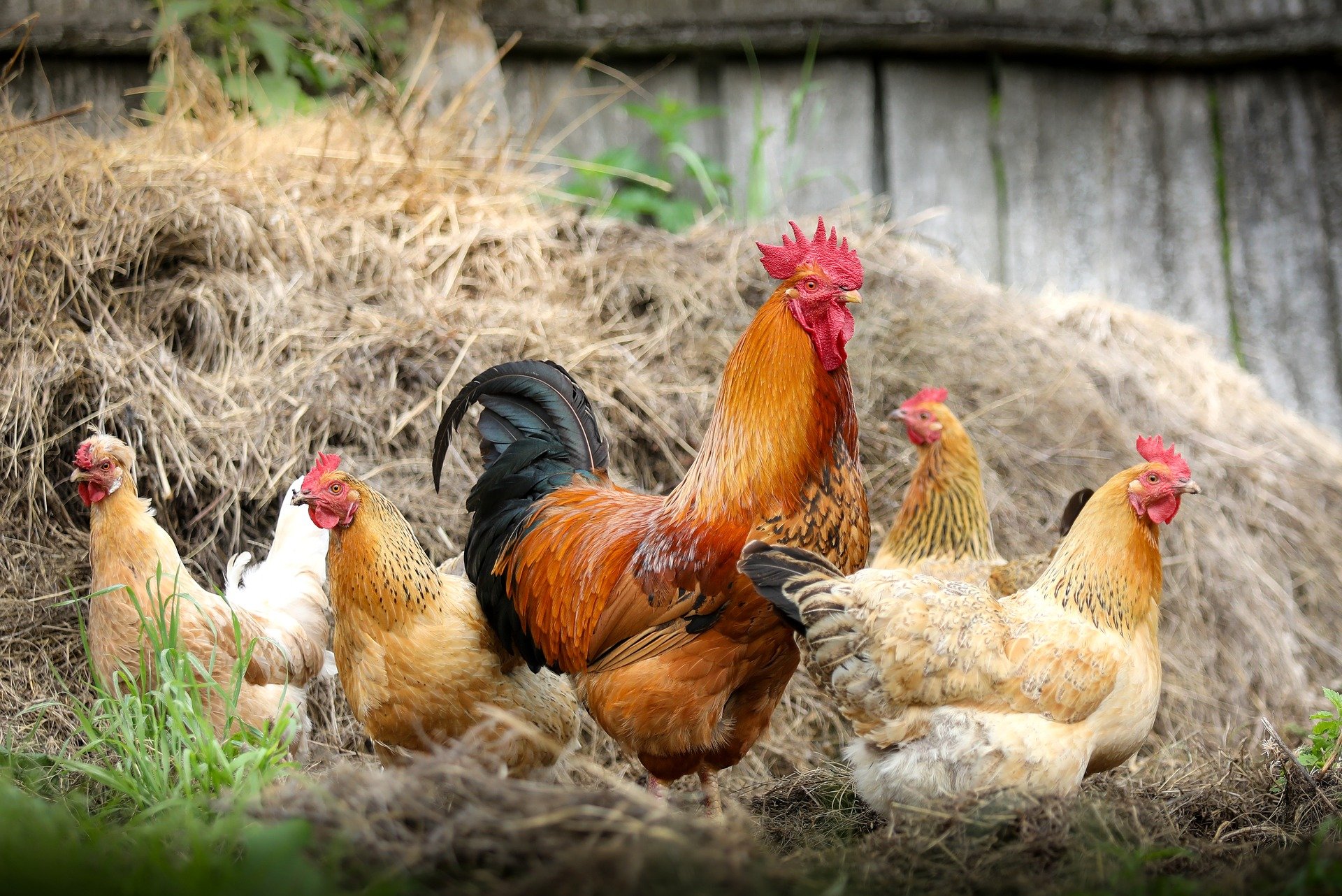Avian Influenza Update

Strict biosecurity measures are now in mandatory to help prevent the spread of avian influenza.
A case of avian influenza H5N1 in a backyard flock near Arbroath (constituency of Angus), reported on 3 November 2021, has now been confirmed as highly pathogenic avian influenza (HPAI H5N1). As a result of this finding, Temporary Control Zones are being established around the infected premises.
The GB dead wild bird surveillance programme has identified the presence of highly pathogenic avian influenza H5N1 (HPAI H5N1) in the following cases in Scotland:
- Kirkcaldy, Fife (unspecified gull, collected on 14 October 2021)
- Leith, Edinburgh (mute swan, collected on 23 October 2021)
A GB-wide Avian Influenza Prevention Zone (AIPZ) has been put in place. This does not include a requirement to house birds at this time. However, this is being kept under constant review. Full details on the measures applied within the AIPZ can be found in the AIPZ declaration.
Keepers with more than 500 birds will need to:
- restrict access for non-essential personnel on their sites
- ensure workers change clothing and footwear before entering bird enclosures
- clean and disinfect site vehicles regularly to limit the risk of disease spreading
Backyard owners with smaller numbers of poultry including chickens, ducks and geese must also take steps to limit the risk of the disease spreading to their animals. An outbreak of avian influenza in backyard poultry results in the same restrictions on movement of birds.
- The risk of incursion of HPAI H5 in wild birds has been raised to HIGH
- The risk of exposure of poultry to HPAI H5 where biosecurity is sub-optimal is raised to MEDIUM
- The risk of exposure of poultry to HPAI H5 where biosecurity is stringent is to remain at LOW
Advice to the public:
If you find a single dead wild waterfowl (swans, geese or ducks), a single dead bird of prey, or five or more dead wild birds of any other species (including gulls) at the same place at the same time, you should report them to Defra’s national helpline (03459 33 55 77 - please select option 7). Do not touch or pick up any dead or visibly sick birds.
Advice for keepers: Avian influenza (bird flu): how to spot and report the disease
AI wild birds: Avian influenza in wild birds
Temporary control zones: Avian Influenza Protection, Surveillance and Restricted Zones: Angus
AI photographs: Avian influenza (bird flu): clinical signs
Posted by SRUC Veterinary Services on 05/11/2021
